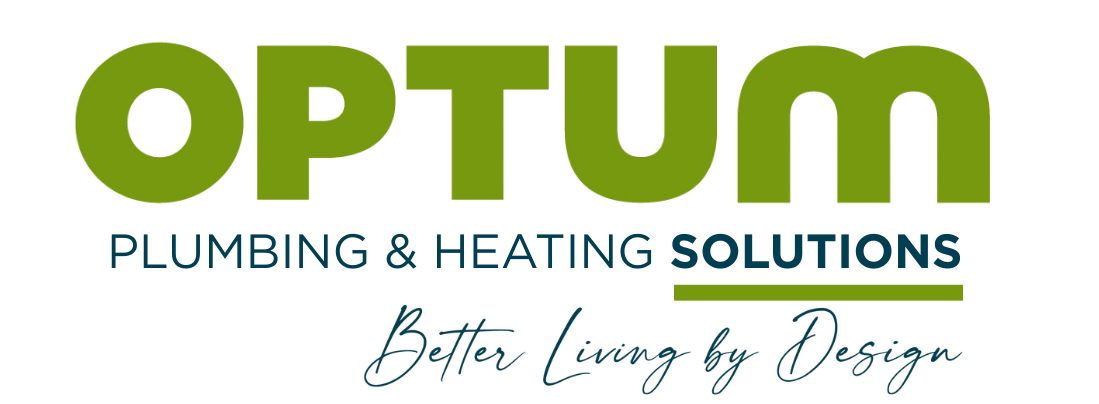When it comes to cultivating a thriving garden, many gardeners focus on soil quality, plant selection, and sunlight, but often overlook one critical aspect: plumbing! Effective plumbing is the backbone of any successful garden, ensuring that your plants receive the right amount of water at the right time. If you’re like 43% of Kiwis, then you’ll be looking forward to Spring and getting your fruit and veggie gardens thriving at home. Whether you’re installing an irrigation system, setting up rainwater collection, or simply managing hose connections, understanding the basics of plumbing for gardening can save you time, water, and prevent costly mistakes. With the right plumbing setup, you can keep your garden lush and vibrant, even during the hottest months.
The previous season may have iced up your outdoor plumbing components. The super-low temps may have caused them to crack, buckle, or sustain other damages. Before you get too busy in the garden consider checking your outdoor plumbing and carrying out some maintenance works so you can prevent bigger plumbing problems further down the track.
Here are Optum’s top tips before the planting season begins to get your outdoor plumbing ready for Spring;
1. Check Outdoor Taps, Sprinklers and Pipes
Inspect outdoor taps for leaks or drips that may have developed during the winter. Even small leaks can lead to significant water waste. Replace washers or tighten connections as needed.
It’s best to replace faulty water fixtures, especially those that receive a lot of sun exposure. The heat may further damage them and cause them to develop leaks.
Ensure pipes are properly insulated to prevent them from freezing again, especially if there’s a chance of late frost.
2. Install a Rain Barrel
Set up a rain barrel to collect rainwater from your gutters.
This water can be used for your garden, reducing your dependence on tap water and helping conserve resources.
3. Test Your Irrigation System
Run your irrigation system to check for any damaged sprinkler heads, clogged nozzles, or leaks in the hoses. Repair or replace parts as needed to ensure efficient watering.
Adjust the sprinkler heads to ensure they are covering the intended areas and not wasting water on sidewalks or driveways.
4. Use a Drip Irrigation System
Consider installing a drip irrigation system for your garden beds. These systems deliver water directly to the plant roots, reducing evaporation and ensuring that your plants get the water they need with minimal waste.
5. Install Backflow Preventers
If you don’t already have them, consider installing backflow preventers on your outdoor faucets and irrigation systems. These devices prevent contaminated water from flowing back into your home’s water supply.
6. Inspect Hoses and Replace Washers
Check garden hoses for cracks or weak spots that may have developed during winter storage. Replace any worn-out washers at the hose connections to prevent leaks.
7. Consider a Timed Irrigation System
Install a timer on your irrigation system to automate watering, ensuring your plants get the right amount of water, even if you forget or are away. Timers also help save water by preventing overwatering.
8. Check for Proper Drainage
Ensure that your garden beds and containers have proper drainage to prevent waterlogging, which can lead to root rot. Add gravel or other materials to improve drainage if necessary.
9. Install a Hose Bib Insulator
If there’s a chance of a late spring frost, consider using hose bib insulators to protect outdoor faucets from freezing, even when you’re starting to use them more frequently.
10. Plan for Rain Gardens
If you have areas in your garden where water tends to pool, consider creating a rain garden. These are planted areas designed to absorb and filter rainwater, reducing runoff and helping manage excess water.
By following these tips, you can ensure your garden is well-prepared for a successful growing season while also conserving water and maintaining your outdoor plumbing systems.
Contact us at Optum if you would like further advice or need to carry out some maintenance on your outdoor plumbing in Queenstown, Wanaka and surrounding areas.
Call Us: 03 443 5718
Email: admin@optum.co.nz
